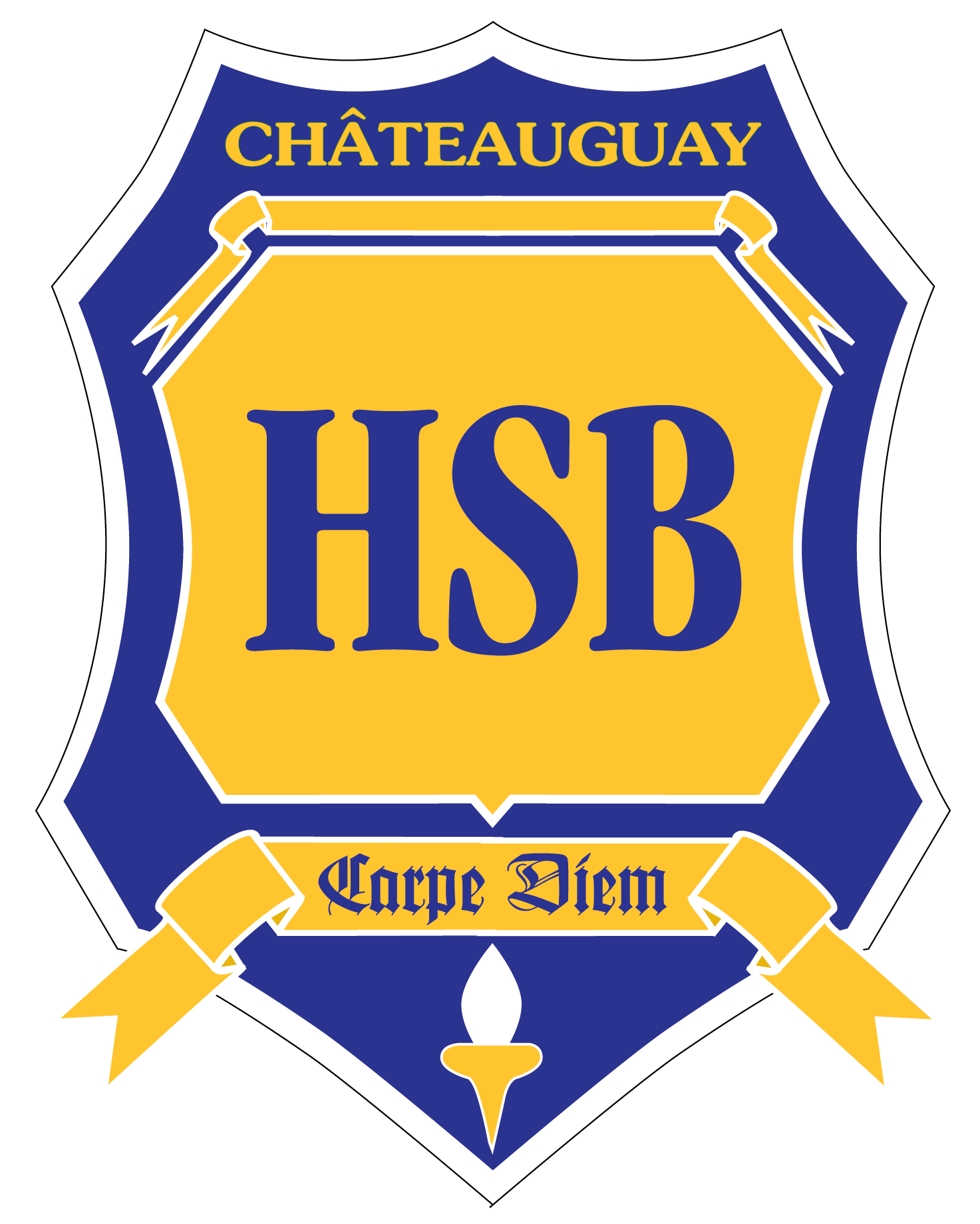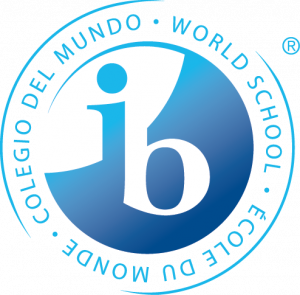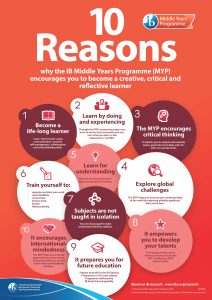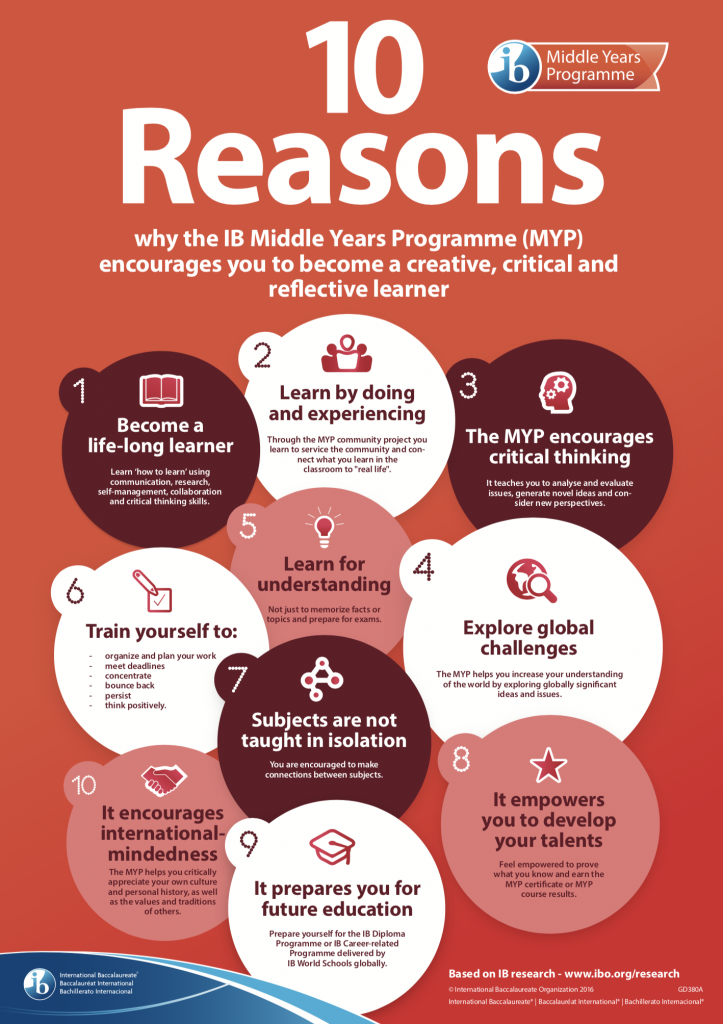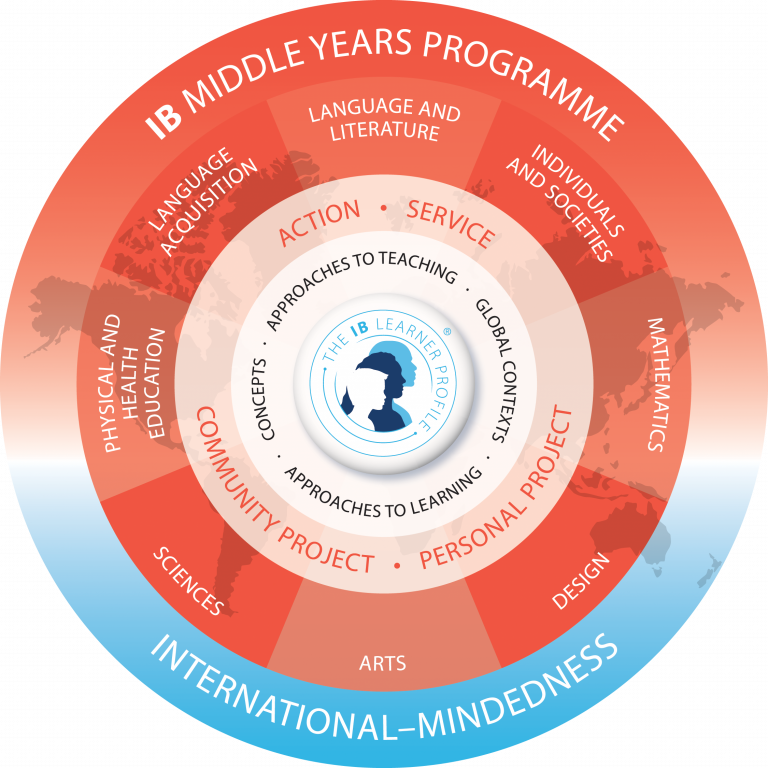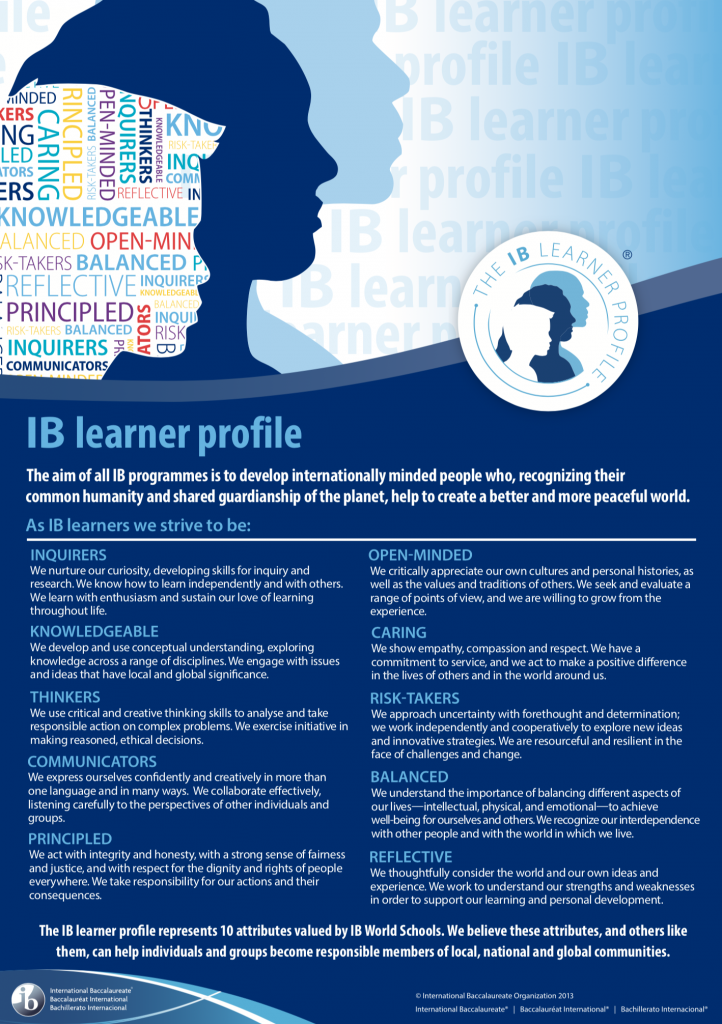Around the globe, schools seek authorization to become IB World Schools. Howard S. Billings High School is proud to be one of close to 4,000 schools in 147 countries authorized as an IB school.
The HSB IB Programme is offered from Grade 7 to Grade 11. It is an enriched programme of study which offers students the opportunity to develop international mindedness and their communication skills through innovative approaches to learning, both inside the classroom and out. Many courses are offered in French, and students follow either a Science Focus or a Liberal Arts Focus in the senior grade levels. Students graduating from the IB Programme receive an official IB Certificate, which is recognized globally.
In addition to being part of the IB “family”, students are also an integral part of the H.S.B. community. Numerous extra-curricular activities, including student leadership opportunities, special events, our Billings Blazers athletic teams, and countless artistic and cultural groups complement our academic programme and ensure our students not only receive an outstanding education, but develop their interests and excel as part of the Billings family.
